by Karl Pomeroy
Quemado Institute
June 13, 2015
Denis Pushilin, the Donetsk People’s Republic Minsk Contact Group envoy, has once again declared there will be no Minsk 3.0, adding that Kiev’s only chance for peace is to comply with the Minsk 2.0 Agreements. Meanwhile, the Ukrainian Armed Forces continue to shell civilians, and the Verkhovna Rada, Ukraine’s parliament, refuses to cooperate on consitutional reform, a requirement of the Minsk 2.0 Package of Measures.
.
Kiev regime leader Petro Poroshenko was dragged, kicking and screaming, into the Minsk negotiations. This came as a result of intense pressure by German Chancellor Angela Merkel, Russian President Vladimir Putin, the Organization for Security and Cooperation in Europe (OSCE), and factions of the European Union. To Poroshenko and his corrupt regime, cooperation with Novorossiya was akin to a Russian takeover, as if conflating the cultural Russians of Donbass with the Kremlin itself.
.
The Donetsk and Lugansk People’s Republics (DPR/LPR) were also drawn in reluctantly. Their culturally Russian population had voted for independence in the May 2014 referendum, and independence was officially declared by the People’s Council in the fall of the same year. Naturally, the two young Republics did not want to rejoin Ukraine, as it would force them to live with their killers under anti-Russian authoritarian rule. To their credit, and in defiance of world opinion, the DPR/LPR leaders refused to sign the Minsk 2.0 Agreements until provisions allowed a broad enough interpretion to permit de facto independence. The mechanism was constitutional reform, which according to the Package of Measures, required the approval of the DPR/LPR. This was the key provision, as DPR Prime Minister Alexander Zakharchenko explained in interviews on February 18, 2015.
The latest meeting of the Minsk Trilateral Contact Group, a negotiating body of representatives from Ukraine, Russia and the OSCE, with Denis Pushilin and Vladislav Deynego acting as DPR/LPR envoys, took place earlier this week. The talks focused mainly on the constitutional amendments proposed by the two Republics, as published June 8 on the Donetsk News Agency website. There is not even the faintest chance that Kiev will consider these amendments, which establish virtual independence for the Donetsk and Lugansk Oblasts.
If a deadlock is inevitable, why pursue the process?
To answer this question, it is important to understand what Minsk 2.0 really is. Fundamentally, the Minsk Agreements are self-enforcing. They do not have the binding power of a treaty nor even of a legal contract, and provide no means of enforcement other than the good will of the signatories. Compliance is encouraged by political pressure and the perception that all parties benefit.
And how do they benefit?
The DPR/LPR benefit from fewer civilian casualties, a high priority for Prime Ministers Alexander Zakharchenko and Igor Plotnitsky. They also benefit from a break in hostilities, allowing time to build their nations and establish recognized statehood. Kiev benefits from having time to reorganize its army and build fortifications, including over a thousand kilometers of trenches replete with bunkers and tank storage.
Germany and France benefit from the preservation of Merkel’s “Order of Europe”, avoiding the emergence of further breakaway nations or possibly even a continental war, while their leaders ostensibly set the stage for Ukraine’s acceptance into the European Union, thereby boosting their public image and promoting the interests of the bankers. Russia benefits in that the Minsk agreements aid Putin’s effort to appease the West.
How dangerous is this for Novorossiya?
Less dangerous than the alternative, if one figures the cost in terms of human life. Without Minsk 2.0, the war would have raged unabated, and another thousand civilians might have died by the present time. The DPR/LPR militias, with their substantial military advantage, could have gained additional territory, freeing more people from Kiev’s oppression. But the threat that posed to the West would have grown by the same measure, drawing in foreign forces and risking a world war. Moreover, independence for the two Republics would not have been assured, given the unpredictable impact of foreign intervention.
Meanwhile, time is not on the side of Kiev. Debt, unrest, the threat of martial law, ineptitude, corruption and distrust of the Kiev government are destroying the country from within. Poroshenkos’ regime could easily fall before the Minsk Agreements expire.
But time is on the side of Novorossiya. The longer Minsk stands, the more firmly established the Republics become, gaining recognition in the eyes of the world.
.
Related article:
Kiev, Don’t Miss Minsk-II to End Conflict:
Donetsk Rules Out New Minsk Deal
Sputnik News
June 12, 2105
The envoy of the Donetsk People’s Republic hopes that Kiev will do its best to use the Minsk-2 deal to put an end to hostilities.
DONETSK / Denis Pushilin, a representative of the self-proclaimed Donetsk People’s Republic in the Minsk peace talks, urged Kiev on Friday to make the most of the ongoing reconciliation negotiations and ruled out a third edition of Minsk accords. “This ‘Minsk’ will see its logical end,” Pushilin said during an online conference on the Donetsk-Live news website. He added that, “there will be no Minsk-3.”
Minsk accords refer to a roadmap outlining measures to be taken in order to bring peace to southeastern Ukraine. The first Minsk accord was signed in September 2014, but continued clashes between Kiev forces and independence supporters broke the deal. A new 13-point peace plan, called the Minsk-2, was renegotiated in the Belarusian capital of Minsk in February 2015 with mediation of Russian, German and French leaders, but skirmishes have never stopped. Negotiators from the so-called Trilateral Contact Group, made up of Ukraine, Russia and the Organization for Security and Co-operation in Europe (OSCE), have been regularly meeting since 2014 to promote a dialogue between the warring parties and ensure the implementation of the Minsk pact. Their latest meeting earlier this week focused on the legal status of the breakaway Donetsk region within Ukraine and the republic’s proposals to amend the nation’s constitution, as stipulated in the Minsk deal.
“We have signed documents, we do everything in our power to prevent the negotiations from faltering,” Pushilin said Friday. He stressed his side would grab at “the slimmest of chances” that would help settle things at the negotiating table. Pushilin assured that the Contact Group’s every meeting “made progress that is sometimes invisible to the naked eye,” but becomes tangible during in-depth talks.
The next round of Contact Group consultations is expected to take place in Minsk next Tuesday.
.
Related Article:
Alexander Fedetov Gives Incisive Analysis of Ukraine-Donbass War Prospects Under Minsk 2.0. Just prior to last week’s G7 Summit, author Alexander Fedotov offered a relevant and insightful summary of Kiev’s and Novorossiya’s motives for and against resumption of hostilities in the context of Minsk 2.0. Many of his ideas dovetail with those expressed in our commentary above. Fedetov’s analysis remains highly relevant today. See The Situation Surrounding Mariinka (posted on Slavyangrad, June 13), by Alexander Fedetov.
*
________________________________________________________
 Pushilin: Donbass on Brink of Major War
Pushilin: Donbass on Brink of Major War
See NEWS FROM NOVOROSSIYA
SUNDAY JUNE 14 HEADLINE STORIES:
US War Party Seeks to Kill Minsk 2.0
Sunday UAF Donetsk Shelling Wounds Eight
________________________________________________________








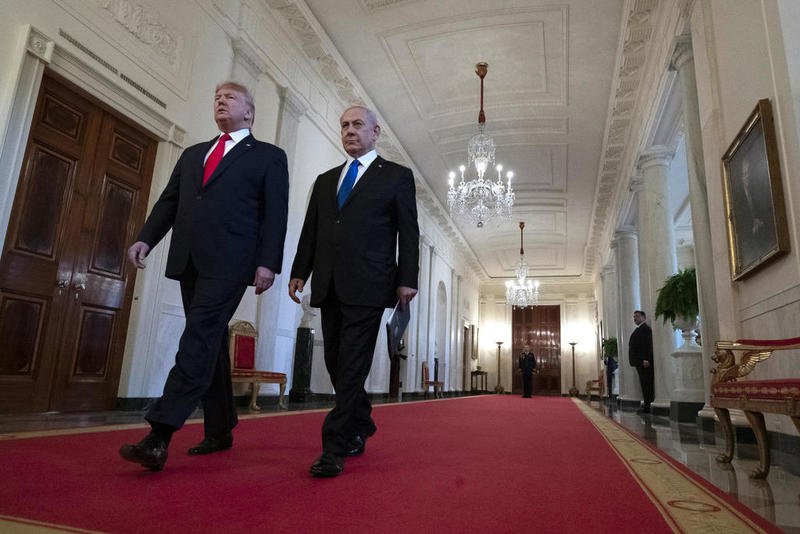

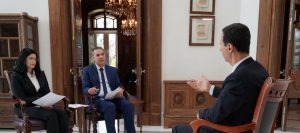
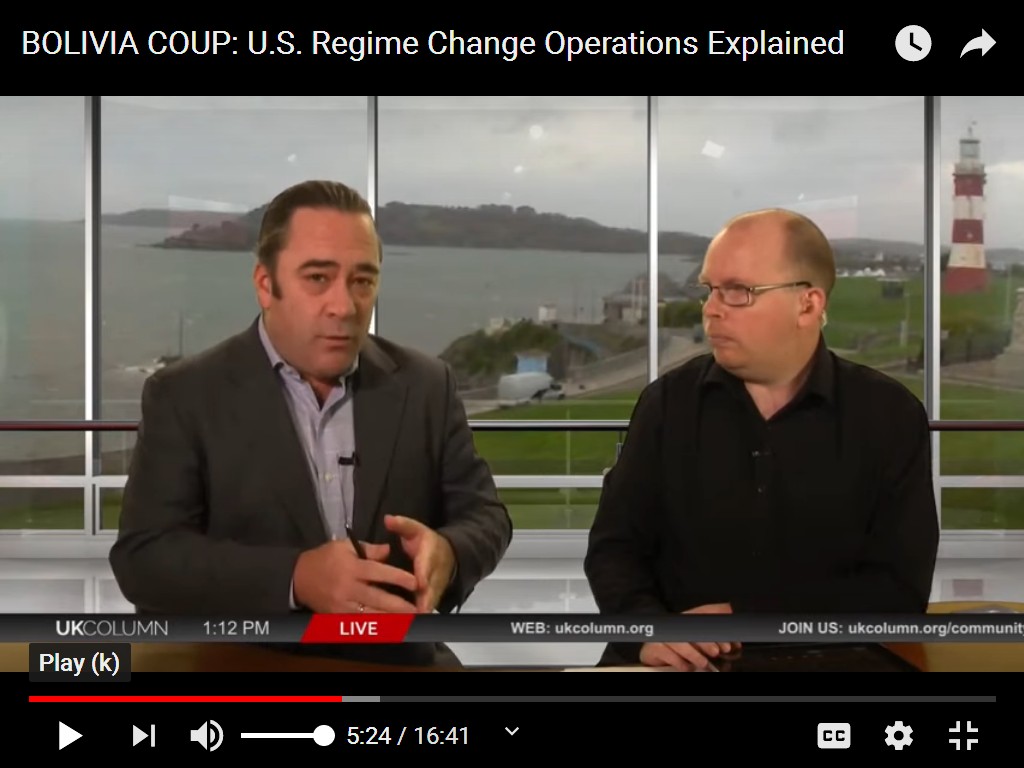


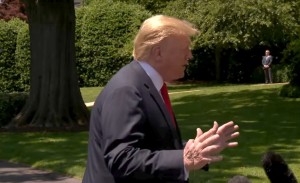
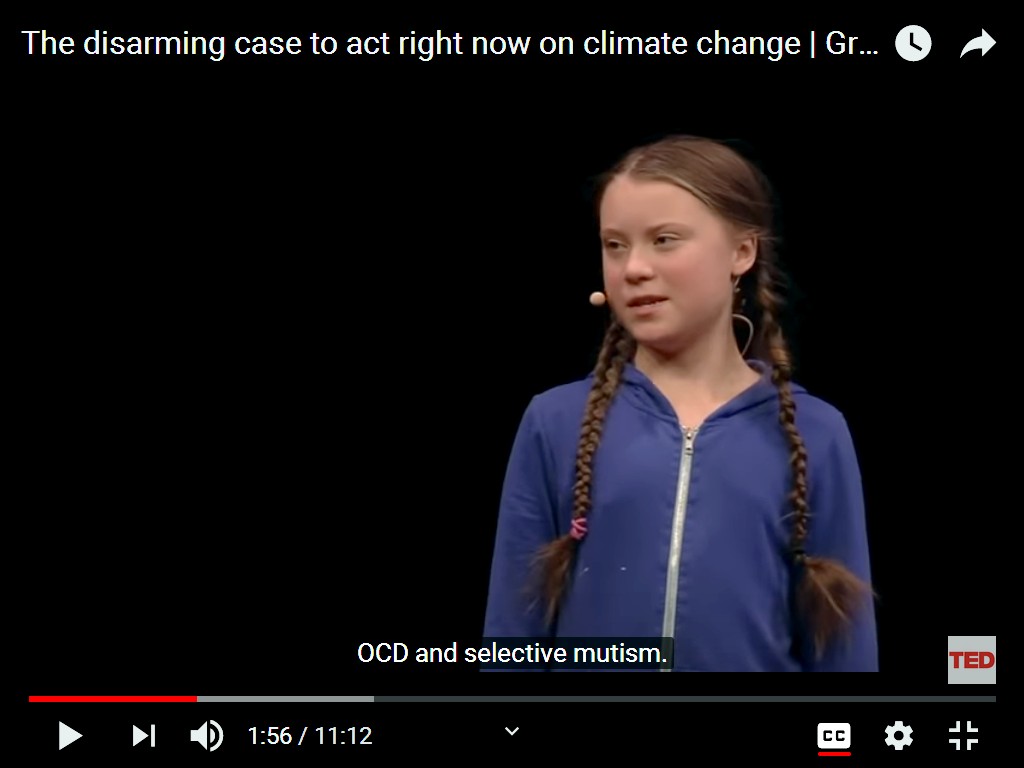




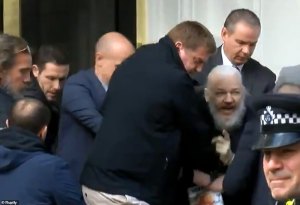


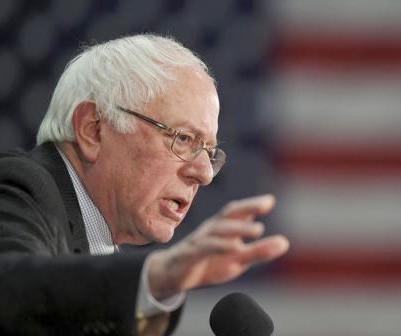











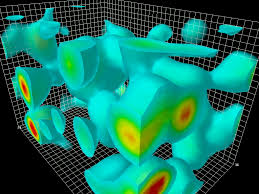


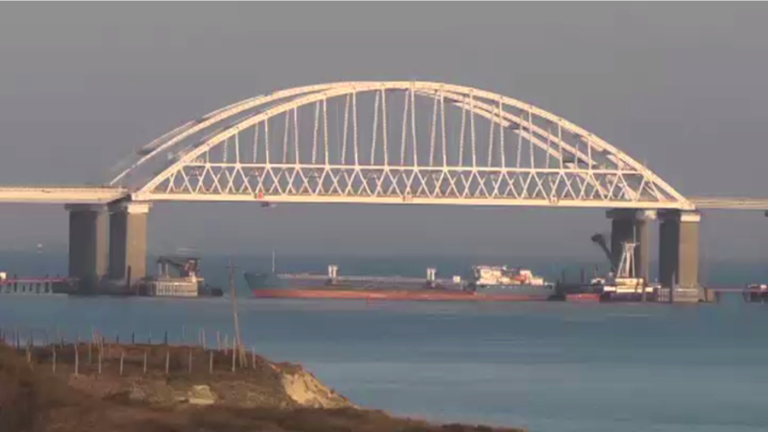








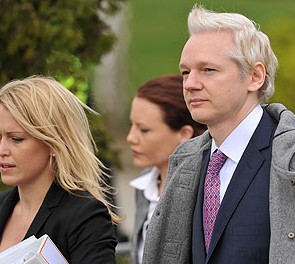









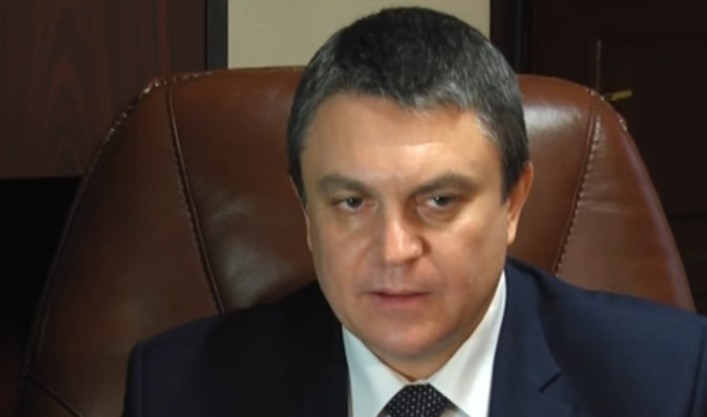






Discussion
No comments yet.